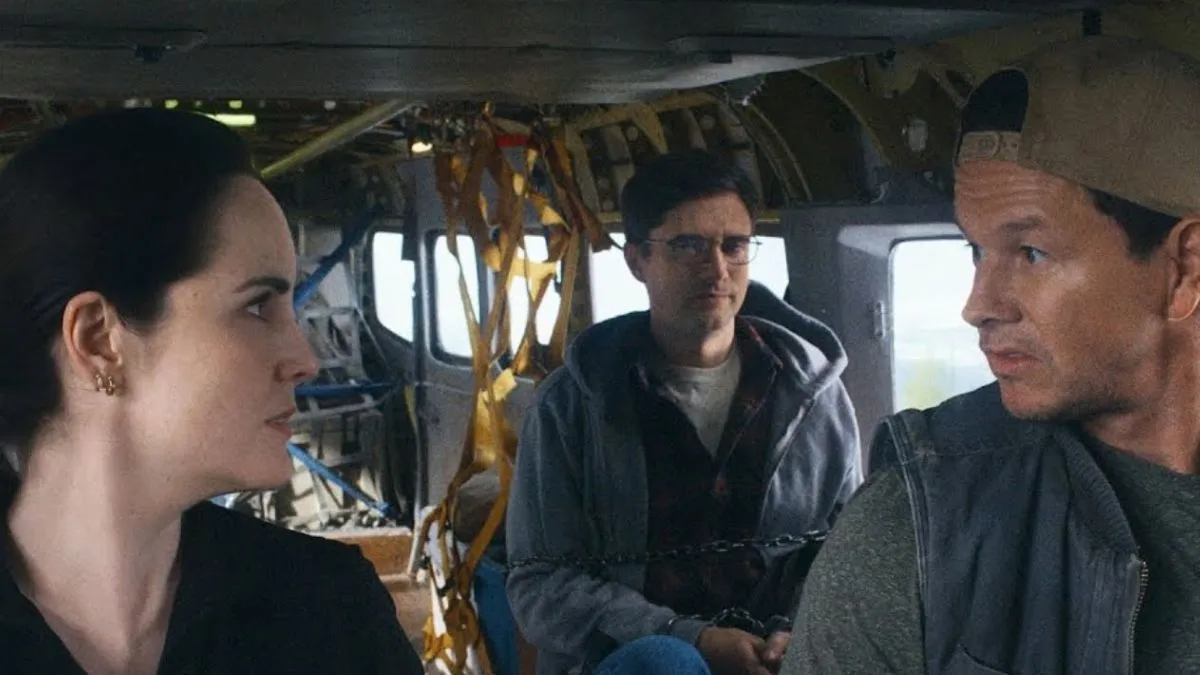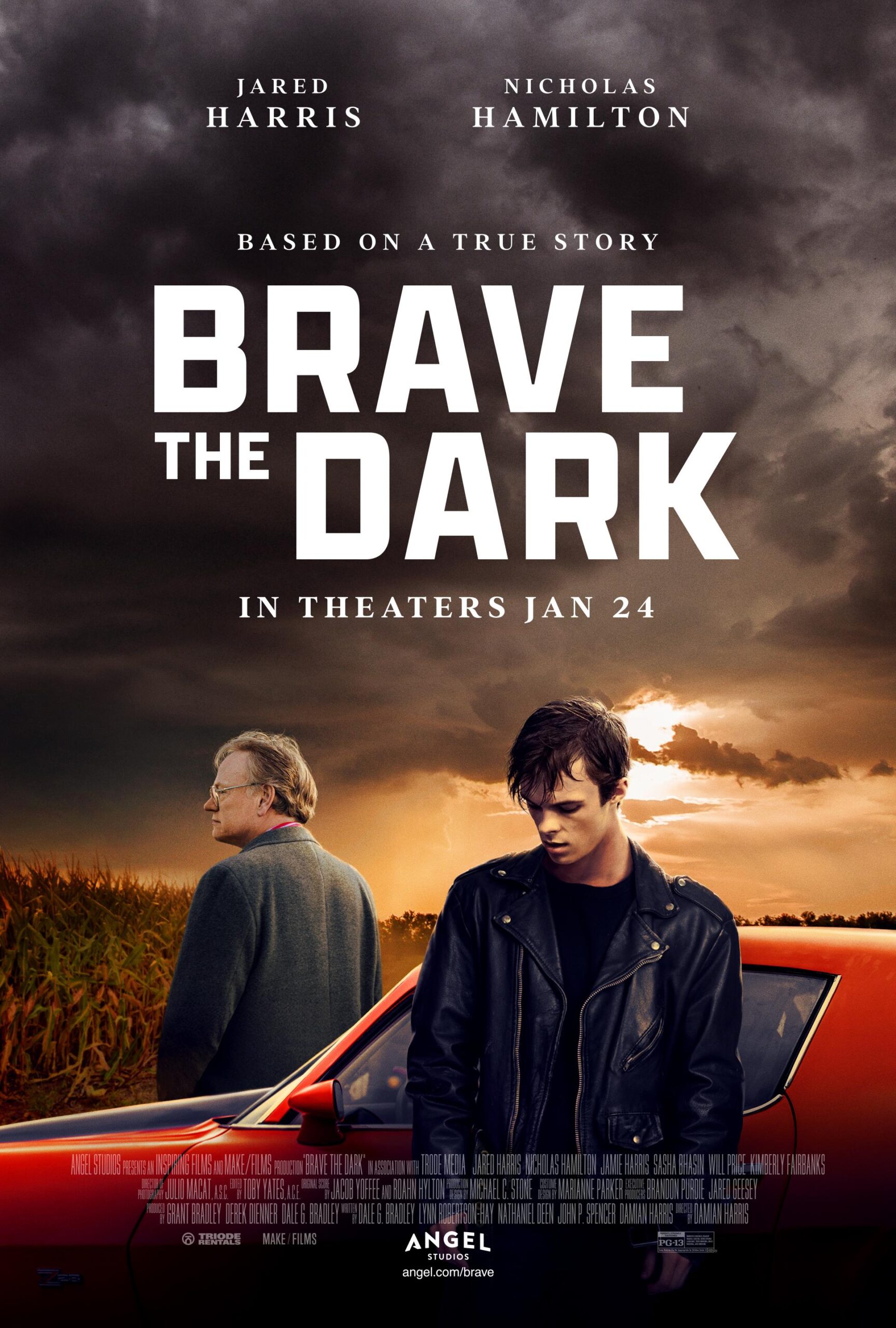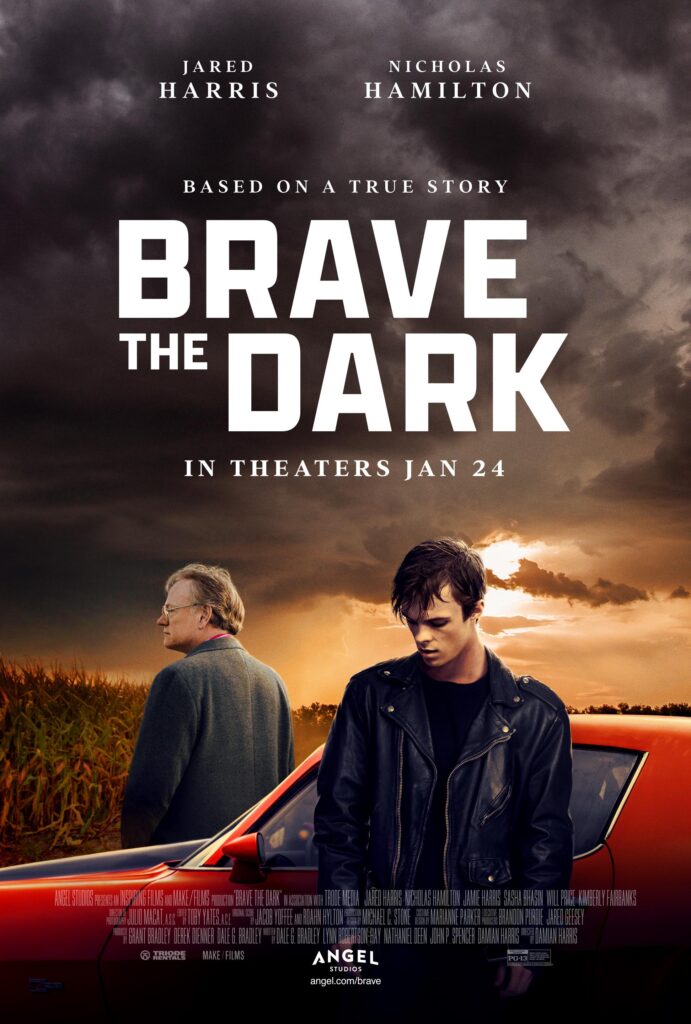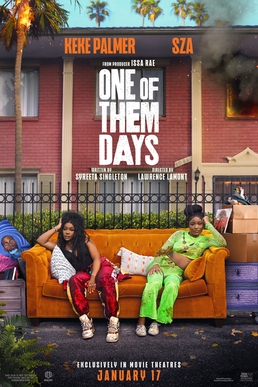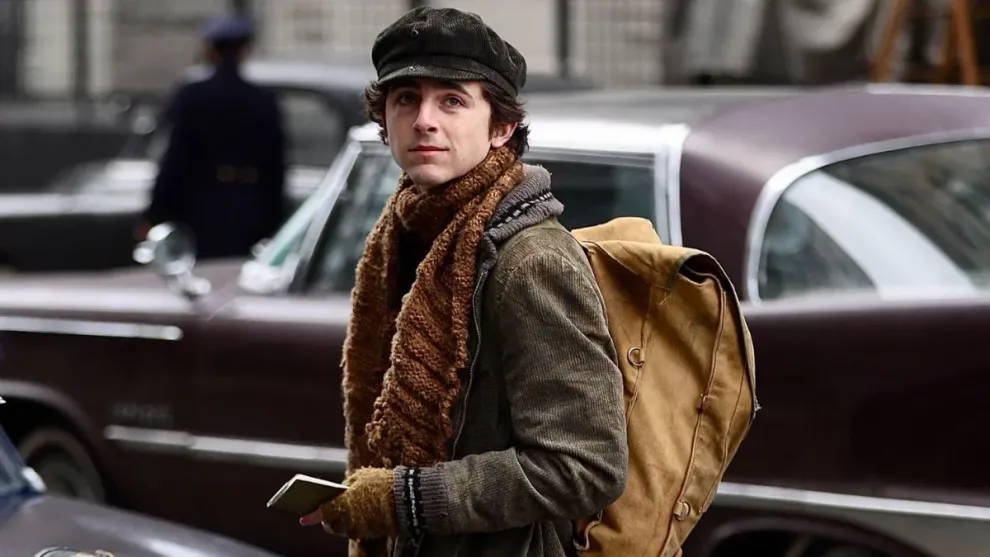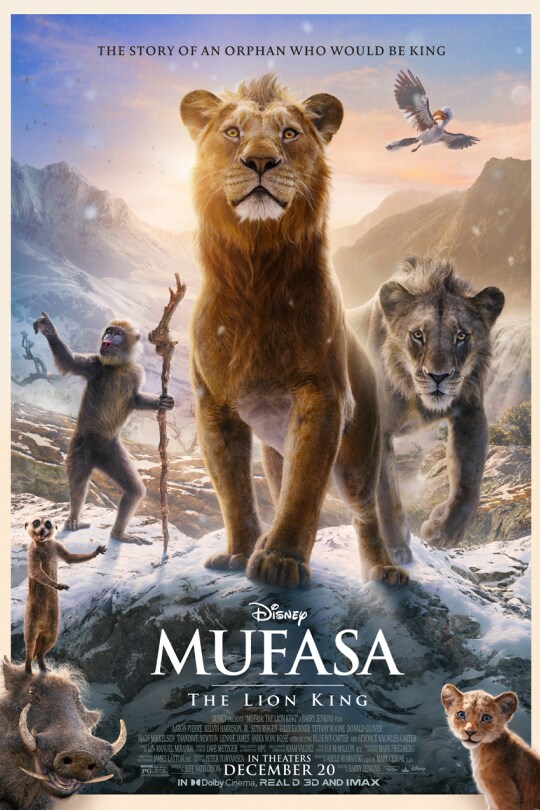Flight Risk
Posted on January 23, 2025 at 7:12 pm
C| Lowest Recommended Age: | High School |
| MPAA Rating: | Rated R for violence and language |
| Profanity: | Very strong and crude languagecdure |
| Alcohol/ Drugs: | None |
| Violence/ Scariness: | Extended peril and violence, airplane peril, characters injured and killed, some grisly and disturbing images |
| Diversity Issues: | None |
| Date Released to Theaters: | January 24, 2025 |
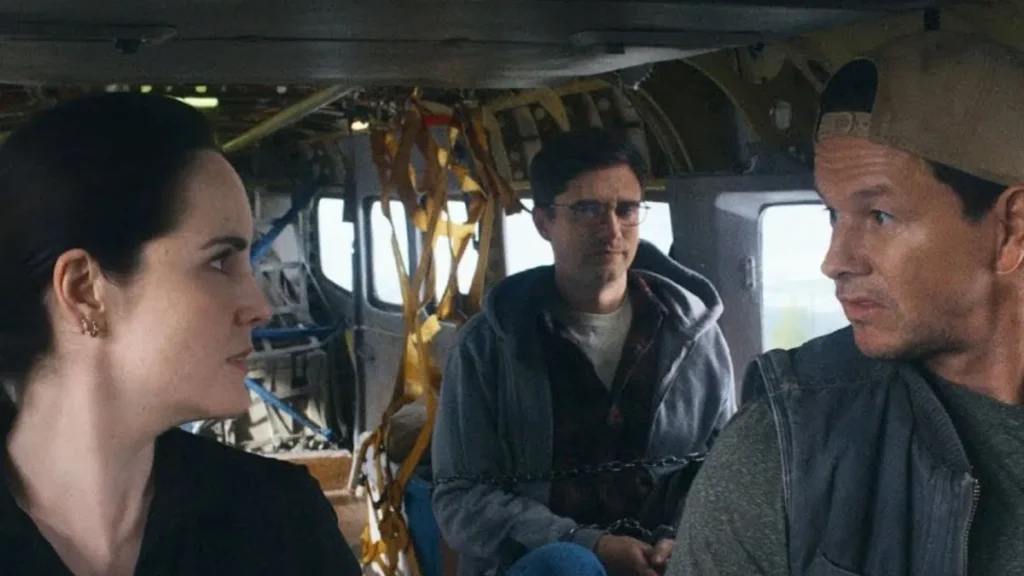
“Flight Risk” has all of the ingredients for a tight little thriller except one. There’s a good set-up — transport of a cooperating witness, accompanied by just one US Marshal in her first return to field work after a failure that left her feeling vulnerable, and a pilot sent by the bad guys to kill the witness. It has a good setting — a small plane flying through the snowy mountains of Alaska. And a good run-time — just over 90 minutes. But the direction by Mel Gibson is sloppy. Not the editing or special effects, which range from serviceable to tense, but some of the choices that interfere with the best the movie has to offer.
Topher Grace, who plays Winston, is, as always, immediately engaging, well cast as the talkative prisoner. He’s first seen in a low-end motel, sitting on the bed and staring into an aged microwave waiting for it to warm up a styrofoam cup of soup. US Marshals break in and he immediately offers to cooperate with them. Like Charles Grodin in the infinitely better “Midnight Run,” Winston was an accountant for a vicious mob boss. He agrees to tell law enforcement everything he knows if they will give him immunity and protection.
Michelle Dockery (“Downton Abbey”) is Madolyn Harris. She has to bring Winston east to testify in the gangster’s trial. Without his testimony, there will not be enough evidence to convict him. She charters a plane, gets Winston settled with handcuffs, and takes the only other seat, next to the pilot (Mark Wahlberg), who says his name is Booth. His backwards baseball cap, chewing gum, and cornpone accent do not create a great deal of confidence, but he assures Madolyn that they’ll be in Anchorage and on their way to Seattle in 90 minutes.
Except he was never told their next stop was Seattle. Madolyn gets suspicious. “Booth” is there to kill Winston. He is also the only pilot on board. There is nothing around them but snowy mountains. The rest of the movie is the very bumpy ride.
The problem is that the fun of all the tension and action is interrupted by weird dialogue that is as off-balance as the plane. As Madolyn is using the limited access to her phone to update her colleagues (and try to figure out who has been leaking key information to the gangster), she is also on with Hassan (Maaz Ali), a pilot who is talking her through the instrumentation. He is creepily predatory, in the midst of the direst possible situation insisting that she go on a date with him. What is the idea behind this? Is there any world where someone might imagine this could be reassuring? It j’ust kept taking me out of the film.
And then there is “Booth.” Reportedly, Gibson let Wahlberg write some of his own dialogue, which gives his character a chance to free-associate a series of comments that he and Gibson may have considered evidence of recklessness and pleasure in hurting people, showing us why he is so dangerous. But they are crude and off-kilter (too many references to prison rape, for example) in a way that is at odds with the tempo and tone of the film. They’re also tedious. They do not add anything to the sense of menace or the stakes. It just comes across as self-indulgent, the last thing you want in a 90-minute thriller.
Parent should know that this is a very violent film with a knife, a flare gun, a very dangerous plane flight, criminal behavior and corruption, and extended strong language with very crude sexual references.
Family discussion: How did Madolyn decide who she could trust? How did her past experience help or hurt her ability to handle the challenges of this transport?
If you like this, try: “Plane,” “Fathom,” and “Con Air”

